NDO - Stroke is increasingly affecting younger people, therefore, identifying the causes and developing new treatments is receiving special attention from many experts. This is also one of the main topics that will be discussed in the Science for Life series of seminars at the VinFuture Science and Technology Week 2024, organized by the VinFuture Foundation, on December 5th in Hanoi.
80% of strokes and cardiovascular events occur in low and moderate risk groups.
The discussion will be chaired by Professor Alta Schutte, Head of the Cardiovascular, Vascular and Metabolic Research Group at the Faculty of Medicine, University of New South Wales, Australia, and a member of the VinFuture Preliminary Judging Panel. According to her, 1.4 billion people worldwide suffer from hypertension, which is a leading cause of strokes.
“When it comes to preventing stroke and cardiovascular disease, the most important thing is to address the issue of high blood pressure. Despite many advances, we still haven’t been able to significantly improve the prevention and treatment of cardiovascular disease and protect cardiovascular health,” Professor Schutte shared.
According to Professor Valery Feigin, unhealthy lifestyle factors are often overlooked when assessing the risk of cardiovascular disease. Preventive measures for CVDs are primarily focused on high-risk groups, but up to 80% of strokes and cardiovascular events occur in low- to moderate-risk groups, precisely because of these factors.
“Overweight, obesity, a diet low in fiber, and excessive consumption of sugary drinks and alcohol lead to high blood pressure and metabolic disorders. This, in turn, increases the risk of cardiovascular disease,” said Feigin. The expert, who is among the top 1% of most cited scientists in all fields, added that this is a common lifestyle among children and adolescents.
Professor Alta Schutte, author of over 400 scientific papers in the field of blood pressure and cardiovascular disease, shared a similar opinion.
“More and more children and young people in their 20s and 30s are developing hypertension, a condition previously only seen in people 60 and older. Developing hypertension earlier means a higher risk of stroke, especially if it goes undetected and untreated with medication or lifestyle changes,” Professor Schutte said.
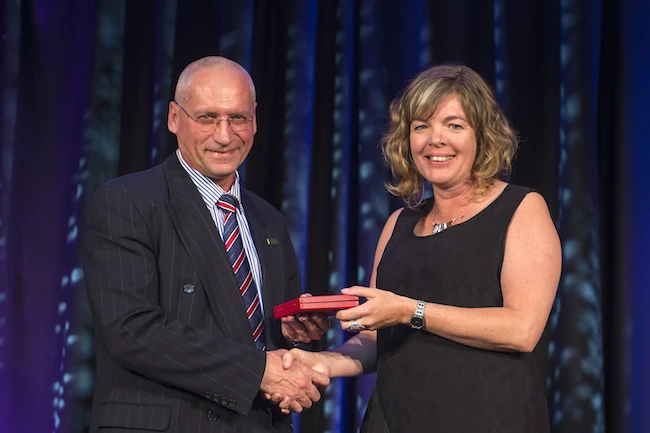 |
Professor Valery Feigin participated for the first time as a speaker at the "Science for Life" panel discussion within the framework of VinFuture Foundation's Science and Technology Week. |
Furthermore, Professor Schutte emphasized that hypertension often has no obvious symptoms, making early diagnosis and treatment of stroke difficult. She pointed out that half of people with hypertension are unaware they have the condition and are at risk of heart attack, stroke, kidney failure, and dementia.
“More than 75% of these come from low- and middle-income countries. This means we need to improve the situation not only in places with good conditions, but also in countries with more difficult conditions. This change needs to be global, which is why I appreciate the activities of the VinFuture Foundation,” Professor Schutte emphasized.
New technologies in the treatment of hypertension and stroke prevention.
Professor Schutte noted that scientists have recently developed some impressive technologies in the treatment of hypertension and stroke prevention. Among them is an injectable drug that lowers blood pressure, an innovation with a high potential for practical application.
At VinFuture Science and Technology Week 2024, Professor Schutte will share the latest technological applications in stroke prevention and treatment.
“Each injection lasts for six months and the patient no longer has to take a pill every day, it’s almost like a vaccine. Patients don’t have to buy pills regularly and doctors don’t have to monitor whether the patient is taking the medicine as prescribed,” she explained, adding: “Previously, these types of drugs were not available for conditions like high blood pressure. The fact that it targets siRNA in the liver also opens the door to many other non-communicable disease prevention methods.”
According to Professor Schutte, advanced technologies such as artificial intelligence are and will play an important role in stroke prevention and treatment solutions. This can also become a solution for everyone, including those with low and middle incomes, to access information, raise awareness and receive comprehensive health care.
Professor Valery Feigin participated for the first time as a speaker at the "Science for Life" panel discussion within the framework of VinFuture Foundation's Science and Technology Week.
Also at the seminar on December 5, Professor Feigin, author of more than 850 scientific publications, most of which are on stroke, will introduce the initiative that he and his research team have carried out over the past 10 years on using health data systems to predict disease risk, as well as the latest evidence on its effectiveness.
"Based on the data collected, experts can improve healthcare planning, allocate resources, and set priorities in healthcare on a global scale," Professor Feigin said.
The talk show “ Innovations in Cardiovascular Care and Stroke Treatment” is one of four scientific talks in the VinFuture Awards Week Season 4, alongside talks with the topics: “Materials for a Sustainable Future” (December 4), “Implementing AI in Practice” (December 4), and “Air Pollution and Traffic: Opportunities and Challenges for Vietnam and the World” (December 5).
Time: 13:30 - 14:45;
Date: December 5, 2024
Location: Almaz International Convention Center, Vinhomes Riverside Urban Area, Long Bien, Hanoi
Chairperson: Professor Alta Schutte, University of New South Wales and George Institute for Global Health (Australia), Member of the VinFuture Preliminary Judging Panel
Speakers - Leading scientists from around the world:
● Professor Valery Feigin - Director of the National Institute of Stroke and Applied Neuroscience at Auckland University of Technology (NISAN) (New Zealand)
● Associate Professor, PhD Nguyen Ngoc Quang - Deputy Director of the National Institute of Cardiology, Bach Mai Hospital (Vietnam)
● Professor, Dr. Bui Duc Phu - Director of Cardiology, Vinmec Healthcare System (Vietnam)
● Associate Professor, PhD Mai Duy Ton, Bach Mai Hospital and Vietnam National University, Hanoi (Vietnam)
Source: https://nhandan.vn/cac-chuyen-gia-dau-nganh-ban-ve-van-de-dot-quy-tai-vinfuture-2024-post845670.html










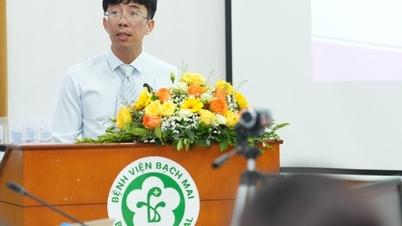



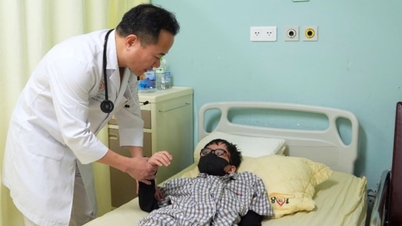





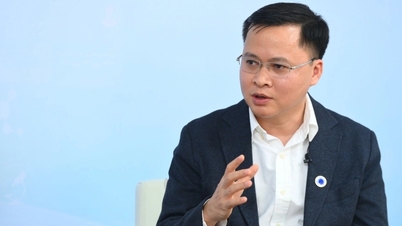












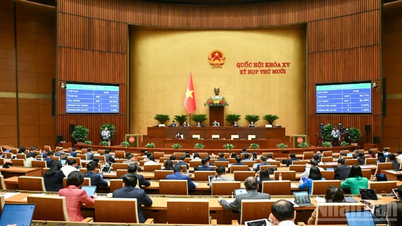
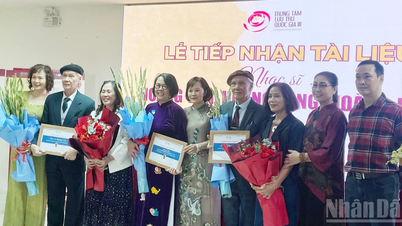
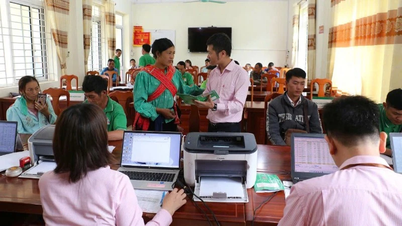
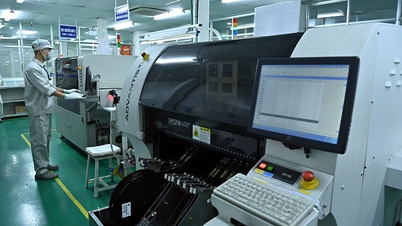
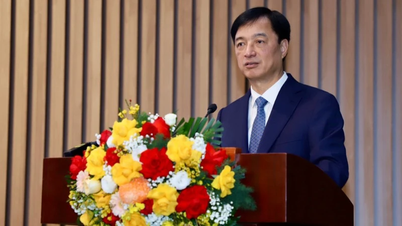












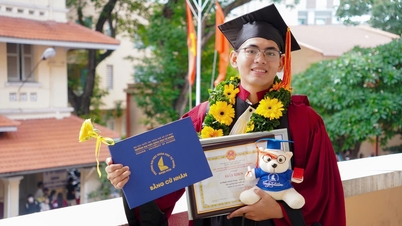

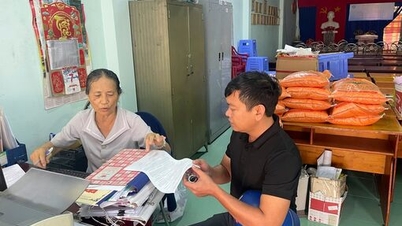



















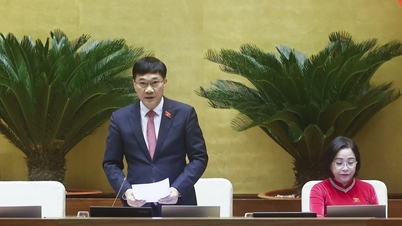


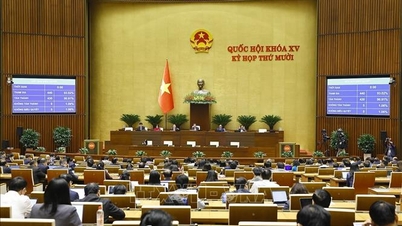

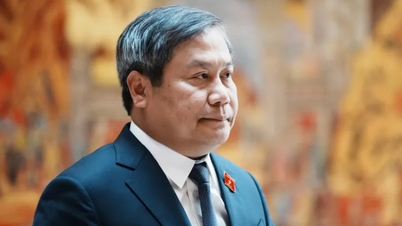
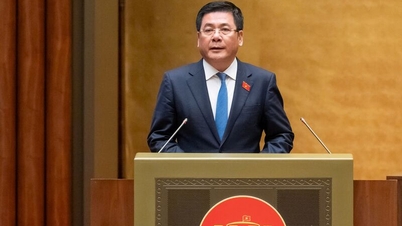

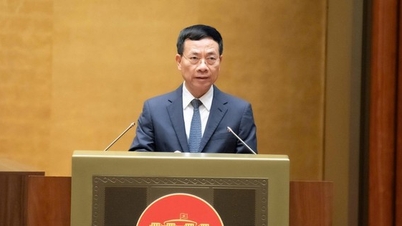





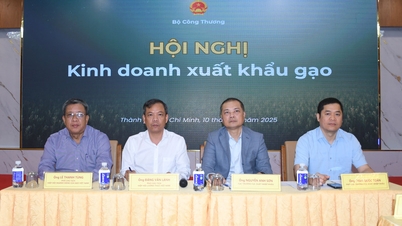
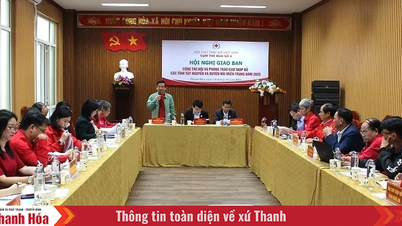



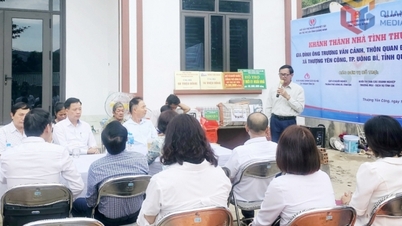






















Comment (0)